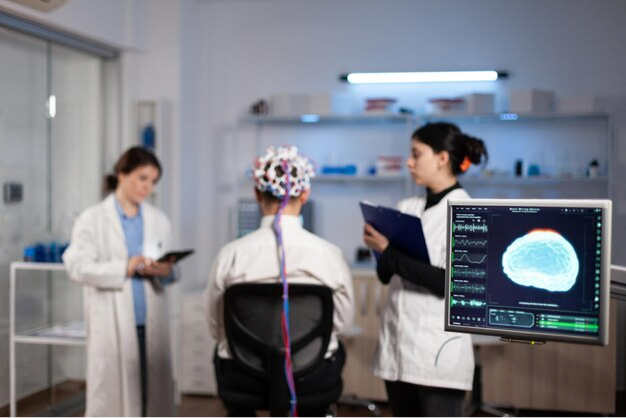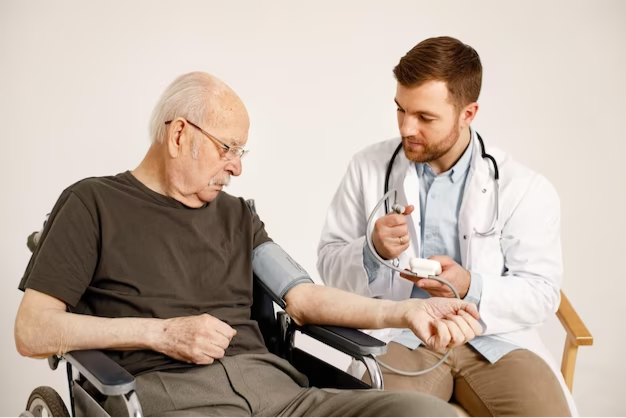
Caritas Neuro Sciences
Advancements in Neuroimaging Techniques
December 2023

Parkinson's disease is a complex neurological disorder that affects millions of people worldwide. It's a condition that has long fascinated scientists and researchers, and ongoing studies continue to shed light on its causes, symptoms, and potential treatments. In this article, we will explore the basics of Parkinson's disease, delve into its symptoms, discuss its potential causes, and review the current state of research and treatment options.
Understanding Parkinson's Disease
Parkinson's disease is a progressive disorder of the nervous system that primarily affects movement. It is characterized by the degeneration of dopamine-producing neurons in a part of the brain called the substantia nigra. Dopamine is a neurotransmitter that plays a crucial role in regulating movement and coordination.
Common Symptoms of Parkinson's Disease
Potential Causes and Risk Factors
While the exact cause of Parkinson's disease is not fully understood, researchers have identified several potential factors and risk elements that may contribute to its development:
Current Research and Treatment
There is currently no cure for Parkinson's disease, but ongoing research is actively seeking to improve our understanding of the condition and develop more effective treatments. Some key areas of research include:
Parkinson's disease is a challenging and progressive condition that affects many lives. While there is currently no cure, the ongoing research and advancements in treatment options offer hope for individuals and their families. By raising awareness, supporting research initiatives, and understanding the causes and symptoms of the disease, we can work together to improve the quality of life for those affected by Parkinson's and contribute to the ongoing quest for a cure.